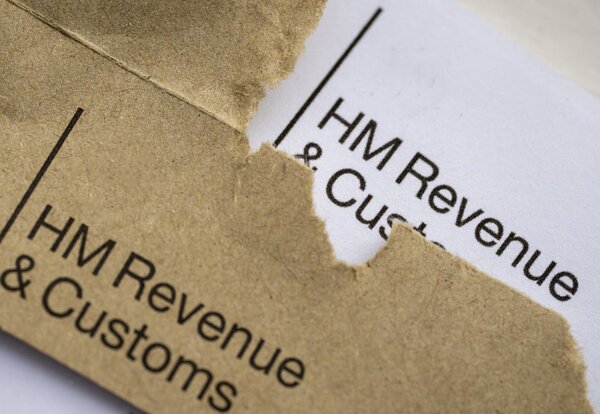Introduction
Recent government data reveals a sharp reduction in claims for the working from home tax relief managed by HM Revenue and Customs (HMRC). This relief, popular during widespread pandemic home working, now sees far fewer applications.
The benefit was initially designed to offset household costs for eligible employees made to work from home. However, the latest statistics indicate a drop of nearly 90% in claims compared to the peak of the COVID-19 pandemic. This development highlights changing work patterns, reduced awareness of the scheme, and the comparatively modest value of the support.
Significant Fall in Tax Relief Claims
According to data obtained via Freedom of Information requests and official HMRC releases, the 2020/21 tax year saw more than 2.68 million individuals claim working from home tax relief, amounting to approximately £310 million in total payments.
In contrast, by the 2023/24 tax year, the number of applicants had declined significantly to about 300,000, equating to only £20 million in relief paid out. This substantial decrease demonstrates a major shift following the easing of pandemic restrictions. In 2020/21, unprecedented levels of remote working led to high uptake of government support schemes.
However, as organisations returned to standard work arrangements and hybrid models, fewer employees met the criteria for this type of tax relief.
Factors Behind Reduced Applications
Several factors contribute to the steep decline in claims. Foremost is the large-scale return to offices and the adoption of hybrid work models, whereby employees split their time between the workplace and home. Additionally, the financial value of HMRC's working from home relief can be modest.
The standard benefit is a small weekly sum, meant to partially cover additional expenses for services such as heating, electricity, or internet usage incurred during home working. Even at its height, the provision was worth only a few pounds a week for most claimants.
Some stakeholders suggest that limited publicity and awareness of continued eligibility criteria have also played roles in the drop-off of claims.
Details of the Tax Relief Scheme
HMRC's working from home tax relief allows employees to claim either a flat rate of £6 per week or the precise amount of additional household costs that they can evidence as directly work-related. The relief is available only to those required to work from home by their employer not those who choose to work remotely or have flexible work arrangements at their discretion.
Taxpayers receive the relief based on their marginal tax rate, meaning higher earners may receive a slightly larger benefit. Claims are permitted for the current tax year and, subject to eligibility, for up to four previous years.
Covered expenses include increased costs for heating, electricity, and business phone calls, but not for items with a dual personal and professional use, such as rent or broadband.
Who Qualifies for the Benefit
An employee may apply for tax relief if their role requires them to work from home for all or part of the week and this is enforced due to the nature of their job or the employer's lack of a physical office.
HMRC guidance confirms that acceptable circumstances include cases where an employee lives far from their employer’s premises due to job obligations or where no designated workplace exists.
Eligibility also extends to situations caused by temporary closure of office spaces or substantial travel impracticalities, provided these are outside the worker’s control.
Who Is Ineligible for the Relief
HMRC clearly states that those who choose to work remotely, even if their employment contract allows such choice, cannot claim this tax relief. Likewise, individuals temporarily unable to access an office due to restrictions like overcrowding do not qualify unless their circumstances meet HMRC’s stricter criteria.
Claims for household goods and services used for both private and work purposes, including broadband or rent, are not eligible unless a demonstrable and exclusive business case can be made.
Final Summary
The decline in working from home tax relief claims at HMRC signals a marked change in both workplace norms and the public’s engagement with available government support. While millions benefited during the pandemic's height, the combination of office returns and stricter eligibility means far fewer people now claim this relief.
As the workforce continues to adapt and the cost of living remains a concern for many, awareness and understanding of available tax benefits become even more vital. For employees facing ongoing remote work requirements, the small but meaningful relief can provide welcome support.
Those unsure of their status are encouraged to use government resources or seek professional advice to maximise their tax position. For more insights on managing taxes and staying informed about relief opportunities, the Pie app can help.











